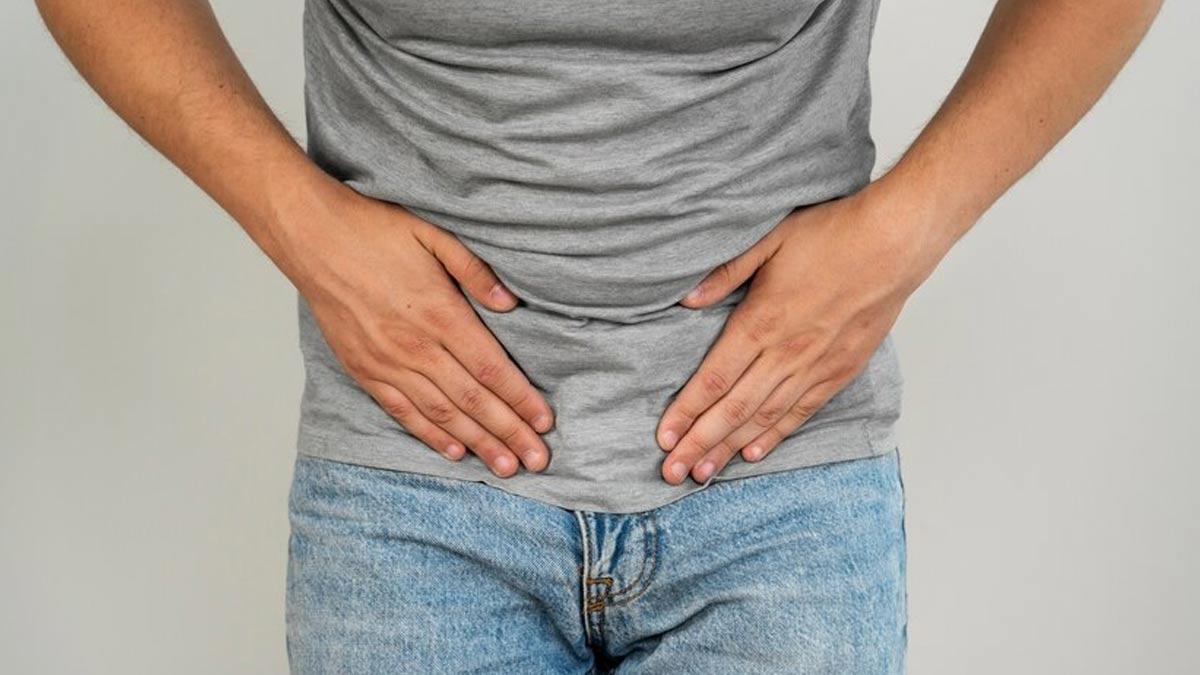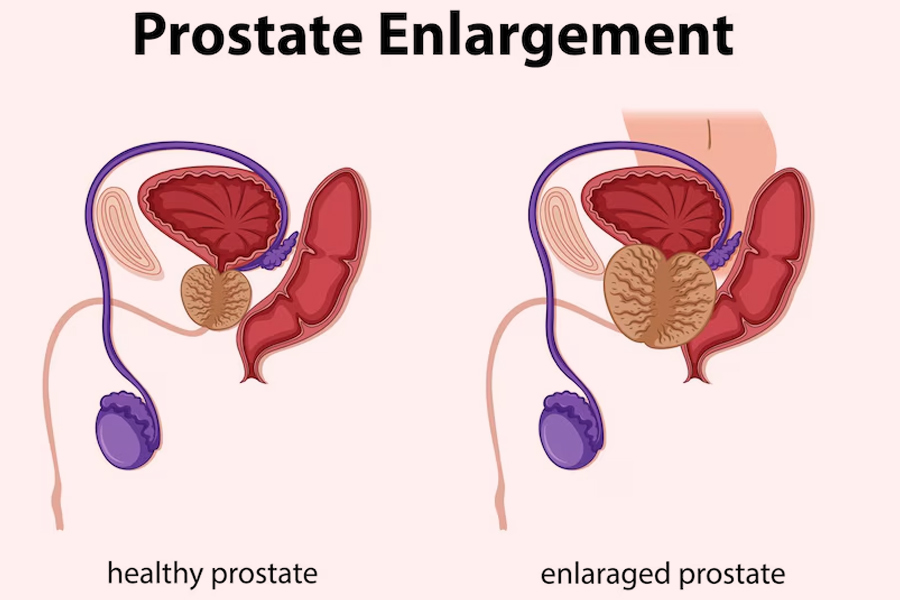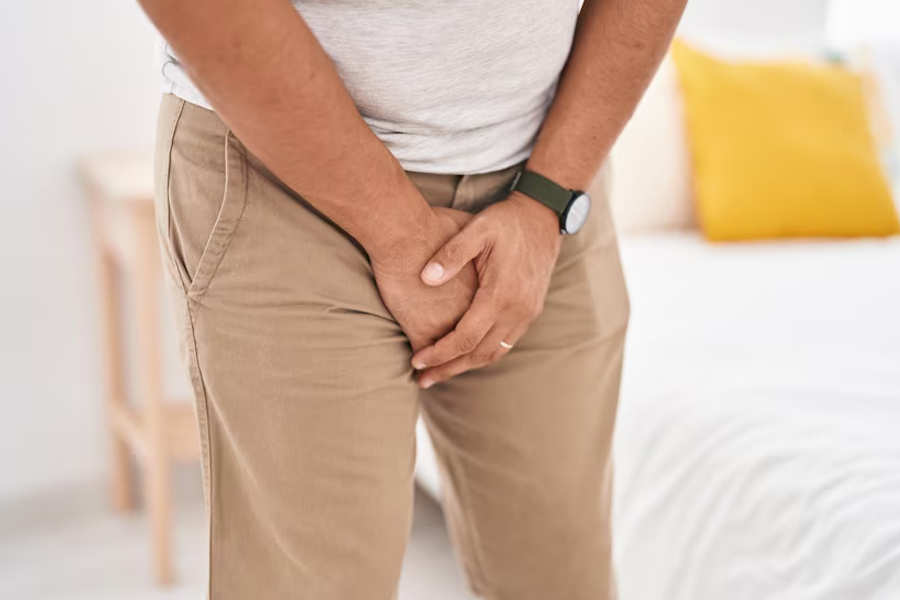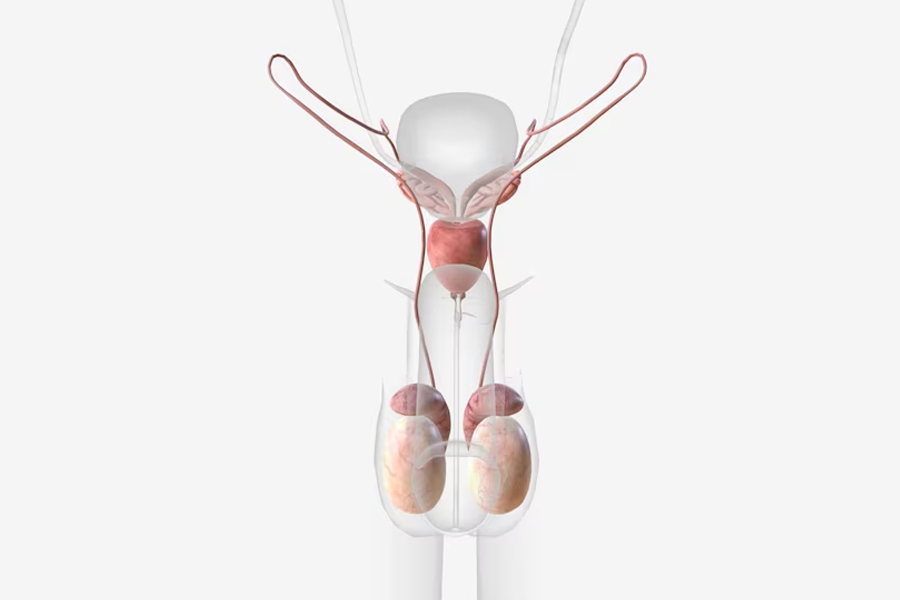
Prostate is a walnut shaped gland that is part of the male reproductive system and its main function is to make fluid that goes into semen. This fluid is essential for the fertility of a man. Now, what happens when the prostate gets enlarged or what causes the enlargement of the prostate?
Table of Content:-
To understand this, OnlyMyHealth interacted with Dr Nitin Shrivastava, Sr Consultant - Urology, Kidney Transplant Program & Robotic Surgery, Artemis Hospital, Gurugram.
Benign Prostatic Hyperplasia

As per a study published by the National Institute of Health, Benign prostatic hyperplasia is a condition in men in which the prostate gland is enlarged and not cancerous.
Dr Shrivastava said, “Benign prostatic hyperplasia (BPH) is a common condition seen in older men where the prostate gland enlarges, causing urinary symptoms. As men age, hormonal changes cause the prostate gland to increase in size.”
Adding further, he said, “This enlargement can squeeze the urethra, causing symptoms like difficulty in urinating, weak urine flow, frequent urination (especially at night), and a feeling of incomplete bladder emptying.”
Warning Signs Of Enlarged Prostate

Here are five warning signs of enlarged prostate listed by Dr Shrivastava.
1. Urinary Frequency: Increase in the need to urinate frequently, especially at night (nocturia), disrupting sleep patterns.
2. Weak Urine Stream: Difficulty in initiating and maintaining a steady urine flow because of urethral compression.
3. Incomplete Emptying: Feeling like the bladder hasn't fully emptied after urination, leading to discomfort or a sensation of fullness.
4. Urinary Urgency: Sudden and strong urges to urinate, sometimes with little warning, which can be difficult to control.
5. Difficulty Starting Urination: Straining or hesitancy when initiating urination, requiring more effort to begin the flow.
Adding more to this, Dr Shrivastava said, “Recurrent urinary infections and blood in urine are also major warning signs of prostate enlargement that should be looked for.”
Causes Of Prostate Enlargement
Prostate enlargement primarily occurs because of age-related hormonal changes. Dr Shrivastava said, “This specifically happens because the balance between testosterone and oestrogen shifts as men age, leading to an increase in dihydrotestosterone (DHT), which promotes prostate cell growth.”

He also said that genetics and family history also play a role, as men with relatives who have BPH are more likely to develop it themselves. “Other factors like inflammation, lifestyle choices (like obesity and lack of physical activity), and certain medical conditions may contribute to this problem. The exact cause isn't fully understood, but these factors collectively contribute to the development of prostate enlargement in many men,” he added.
Bottomline
Prostatic hyperplasia is a common condition among ageing men. Dr Shrivastava said, “While not inherently harmful, it can cause bothersome urinary symptoms such as frequent urination, urgency, weak urine flow, and incomplete bladder emptying.” It's important for people experiencing these symptoms to consult a healthcare professional for proper diagnosis and management. Treatment options range from watchful waiting for mild cases to medications or surgical interventions for more severe symptoms. Regular check-ups and communication with a doctor are important to monitor the progress and ensure appropriate management. Dr Shrivastava also emphasised on leading a healthy lifestyle, and staying active. This can help in mitigating the risk factors associated with BPH development.
Also watch this video
How we keep this article up to date:
We work with experts and keep a close eye on the latest in health and wellness. Whenever there is a new research or helpful information, we update our articles with accurate and useful advice.
Current Version